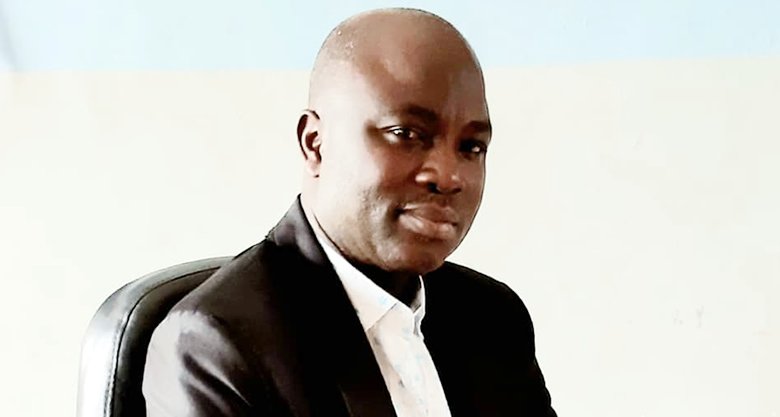The grand finale of the Innovation to Market (I2M) Incubator Program 2024, held at the University of Lagos Innovation and Technology Management Office has supported 24 entrepreneurs with funding and mentorship.
The six-week program culminated with 24 entrepreneurs from the second cohort pitching their innovations to a panel of judges.
The incubator program aims to support entrepreneurs around the nation not just at the University of Lagos, to bridge the gap between research and market-ready products.
The showcased innovations spanned diverse sectors, including agriculture, nutrition, solar-powered devices, and transaction solutions.
The project director, Mrs Abiodun Gbenga-Ilori, stated that proof of concept was a necessity for the innovators to provide.
“First is, they must come to us with a proof of concept. Without a proof of concept, we don’t accept them. Because that means that their project has gone beyond ideation. Because we don’t want ideas.
“Eventually, ideas may not work. So, at the research level, you can test it, whether it’s possible or not. But at the innovation level, we want something that you have tested and proved that it can work.”.
Gbenga-Ilori narrated where the inspiration for the incubator came about, “When I was director of the Innovation and Technology Management Office, we realised that the university was struggling to get funding for the few researchers and students that had innovations. It was difficult for researchers”.
She also highlighted ITMO’s support system for participants, including intellectual property rights filing to protect their ideas, business structuring, and tax registration.
She noted that the incubator’s goal was to prepare innovators for entry into the market and future participation in the accelerator program.
“We also support them with IP. Because we do not want people to steal their ideas. To protect them, we file IP rights on their product. That’s what the office does, besides that, we put them in incubator programs to be able to develop their businesses properly. We also file tax business registration for them”.
“So many of them are still enrolling in our accelerator program, which is set to commence next year. Through this program, we help them grow their businesses by accessing funding. For now, the focus is on structuring their businesses to attract investors,” she said.
She explained that this was the second cohort of the program, following the successful completion of the first, during which many participants received funding.
The director added that their goal was to have at least 40 per cent of the participants successfully enter the market.
Head of Business Support at the Lagos State Employment Trust Fund, Mrs Oluwafumilayo Sobukonla, served as a judge and commented ITMO’s efforts.
“I love what I2M is doing. It’s essentially about catching them young, building them up, and helping them scale, which aligns with what we do at LSETF (Lagos State Employment Trust Fund). We focus on creating an enabling environment for businesses, and entrepreneurs, and ensuring scalability for everyone in the business ecosystem. That’s why we’re collaborating with I2M.
“As one of the panel judges today, I’ve seen various talents that resonate with our vision. Some of the participants have also emphasized the need for more mentorship, which is crucial for their growth.”
Sobukonla stated, “Being able to identify problems is the first step to becoming an entrepreneur. Identifying problems and building yourself to solve them is crucial. That’s what I2M is doing now—helping participants solve these problems. At LSETF, we support such innovative ideas by helping them scale and providing opportunities like mentorship, loans, grants, and access to programs like our Lakers Innovate initiative. Through these, they can pitch their ideas, meet investors, and become investment-ready.”
Edward Esene, another judge in the program, noted the significant improvement among participants after the six-week program.
“Quite a number of them initially fell short of expectations. But now, after an intense five days of engagement, combined with the previous five weeks online, there’s been considerable improvement,” he said.
He further explained, “For innovators, two key things are critical: first, understanding the problem context. It’s about falling in love with the problem and truly grasping its nuances. Secondly, building business innovation to solve it—not just product innovation. When pitching, the problem you’re solving and who you’re solving it for must be clear and unique. Once that’s defined, the next focus is developing business models that can help you launch and go to market. These two elements are vital.”
One of the participants, Kafilat Adedeji, founder and team leader of Ufarmy, shared her experience.
She testified that the program significantly improved her understanding of how to enhance her brand.
Ufarmy’s initiative aims to provide portable and sustainable gardens for homes. She acknowledged that the program helped her develop strategies to sustain and promote her product more effectively.







